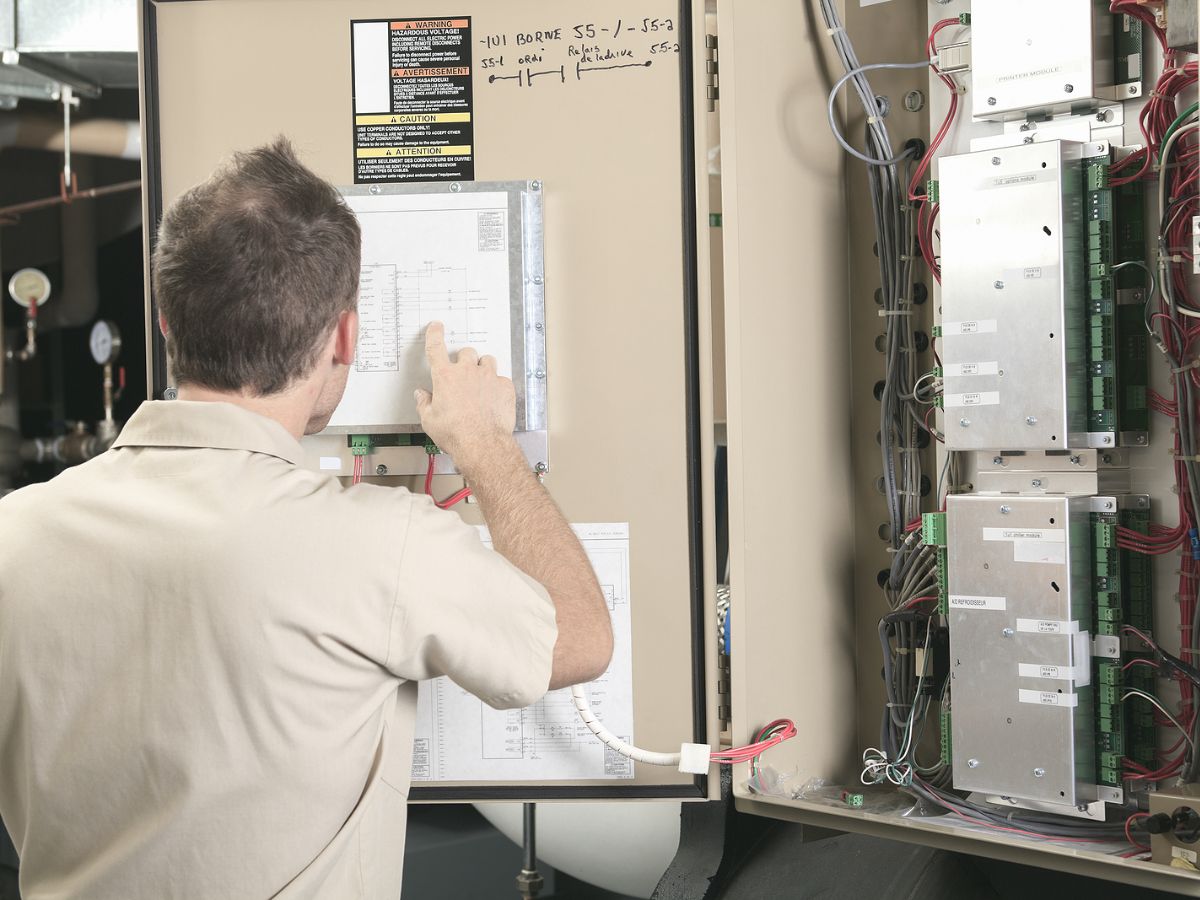A steady stream of leads can feel like a sign of success, but it’s only half the battle. Without a reliable follow-up system, opportunities slip away, sales pipelines stall, and revenue potential goes untapped. For commercial contractors, the difference between good lead volume and real growth often comes down to how effectively you follow up with prospects and clients.
The Significance Of Follow-Up Systems In Field Service Businesses
Lead generation is the spark that ignites business growth, but follow-up is the oxygen that keeps it alive. In field service sectors, a lead represents only potential until it is engaged, qualified, and guided through the sales pipeline. Without a structured approach to follow-up, promising contacts can go cold quickly.
A strong follow-up system ensures consistent communication, timely responses, and a clear record of every interaction, reducing the risk of losing customers to more responsive competitors.
Why Response Time Is A Crucial Factor In Sales Pipeline Management
Speed matters. When a prospect reaches out, they are often considering multiple providers. Quick, thoughtful responses not only demonstrate professionalism but also establish trust early in the relationship.
A Field Services CRM helps businesses monitor and manage response times by logging every interaction and providing real-time alerts when follow-up is due. This level of visibility ensures that every client receives timely attention, strengthening their confidence in your services.
How A CRM Improves Field Service Lead Management
A CRM serves as the central hub for tracking and guiding each opportunity through the sales process. For field service businesses, the most effective systems provide several advantages:
- Centralized Information: Centralize client details, project notes, and communications in one accessible location.
- Automation Tools: Automate follow-up emails, appointment reminders, and special date notifications.
- Lead Tracking: Track leads consistently to monitor progress and identify engagement opportunities.
- Lead Prioritization: Prioritize high-potential opportunities so sales teams focus their time where it matters most.
Key Components Of Effective Follow-Up Systems
Follow-up systems change how field service businesses manage operations and connect with clients. By automating routine tasks, teams gain time to deliver personalized service and strengthen customer relationships. Focus on these key areas to get the most from your follow-up process:
- Leverage CRM Analytics: Use data insights to customize marketing efforts and target the right clients at the right time.
- Streamline Workflows: Design efficient processes that eliminate duplicate work and simplify daily tasks.
- Enhance Every Interaction: Make sure each client contact adds value and moves the relationship closer to conversion.
Preventing Customer Loss Through Strategic Follow-Up
Client churn often occurs quietly when communication wanes or expectations aren’t met. Strategic follow-up prevents this by ensuring ongoing contact, resolving concerns promptly, and rewarding loyalty.
Field service businesses can strengthen retention by scheduling regular updates, delivering solutions-focused responses to feedback, and offering exclusive perks or service enhancements to repeat clients. This not only preserves current relationships but also generates positive word-of-mouth referrals.
Real-Life Scenarios: Follow-Up Strategies In Action
Consider a plumbing contractor who collects leads at a trade show. Using a CRM, they send each contact a personalized email summarizing the conversation, linking to relevant services, and offering a consultation. This keeps the interaction fresh and moves the lead forward.
Or picture an HVAC company that schedules automated seasonal maintenance reminders and follows up with post-service surveys. These actions maintain engagement, show attention to detail, and build long-term trust.
FAQs On Lead Tracking And Management In Field Service
How Can Follow-Up Systems Improve Our Field Service Business?
Follow-up systems help capture and track every client interaction, ensuring that each opportunity is managed effectively. They also help you reduce response times and maximize conversion potential.
What Role Does CRM Play In Lead Tracking?
CRM software centralizes client data, automates repetitive tasks, and provides insights that guide more effective sales and follow-up strategies.
Can Automation Harm Personalization Efforts?
Not when used wisely. Automation handles routine processes, giving your team more time to create personalized, meaningful connections with clients.
Take Control Of Your Follow-Up Process With Dataforma
Whether you’re in HVAC, roofing, electrical work, or another field service industry, a strong follow-up system is one of the best investments you can make. Dataforma’s CRM solution helps commercial contractors manage leads, optimize response times, and turn initial interest into long-lasting client relationships.
Schedule a demo to see how our platform can strengthen your follow-up strategy and keep your sales pipeline moving toward success.









